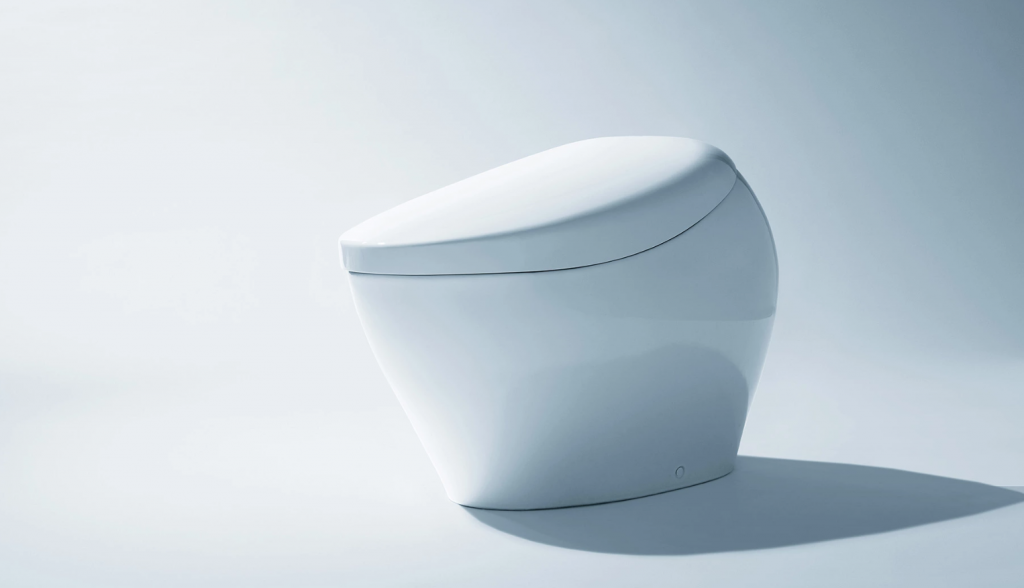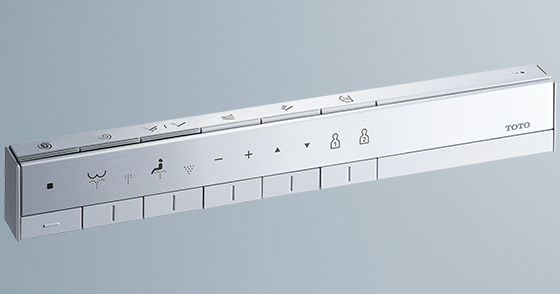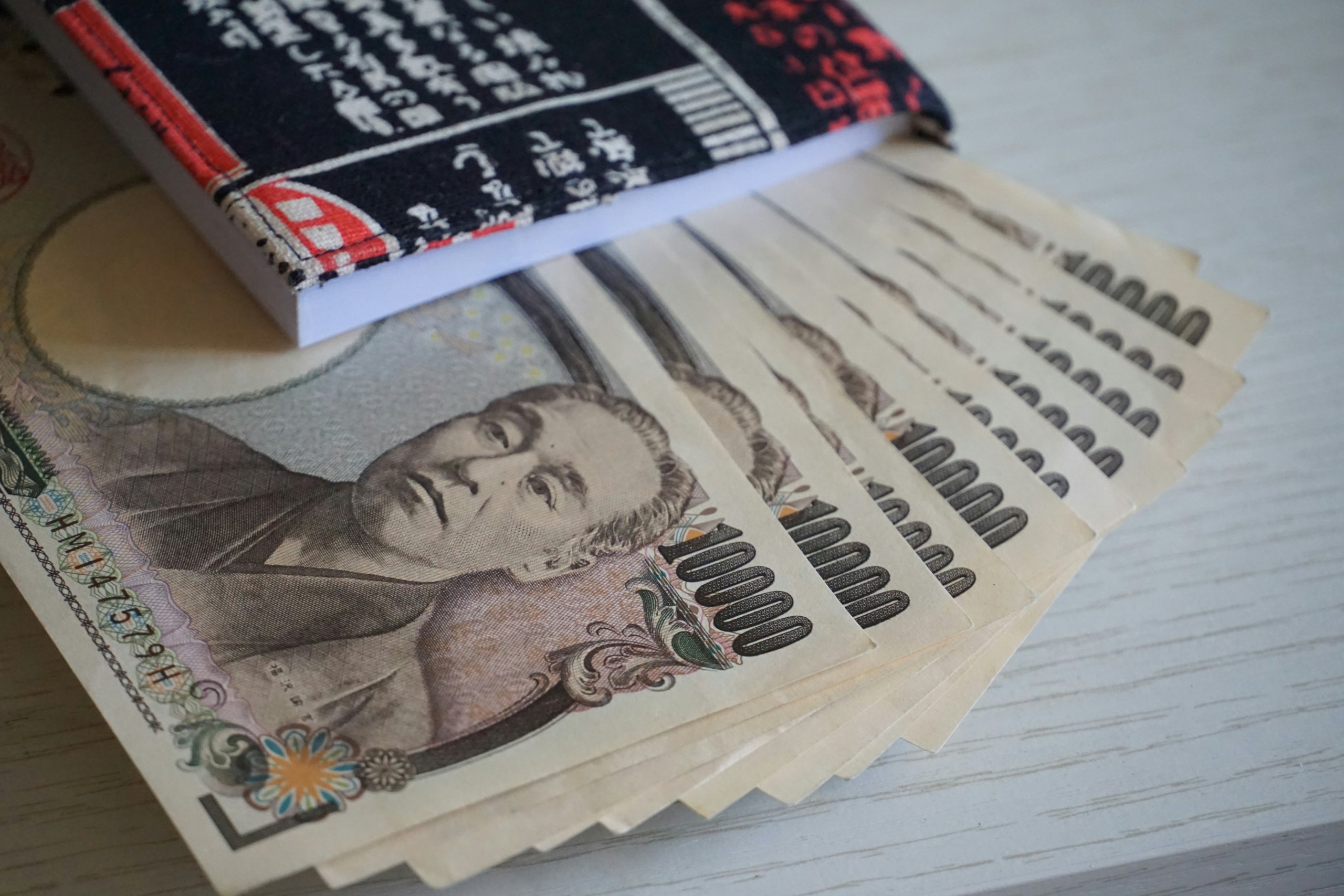Regardless of where you travel in Japan, the natives are well-groomed, neat, and fastidiously clean. This extends to streets, homes, office buildings, and wherever; from garbage men with carefully sculpted hair to the country’s meticulously spotless and efficient white-gloved taxi service.
This Shinto-centered obsession with cleanliness is symbolized whenever entering any shrine. Before entering, one must perform temizu, a short cleansing ritual to prevent outside impurities from entering the shrine. After Buddhism was introduced to Japan in the sixth century, Zen Buddhist cleansing rituals also became part of the culture. In Zen Buddhism, cleaning oneself and one’s space is not considered an obligation, but rather, part of the practice of reaching enlightenment.
A big part of Japan’s cleanliness is its meticulously clean bathroom culture (i.e. TOTO!)
Japan’s iconic TOTO brand was established in 1917, with a vision to revolutionize Japan’s sanitation and plumbing practices for the 20th century. Incorporating elements of Japanese minimalist manufacturing with European porcelain design, the company created Japan’s first flushing toilet, which soon became the gold standard for sanitation and efficiency. Today, there are around 60 million “washlets” in use around the world. TOTO’s ever-evolving quality efforts and sustainability practices contribute to the company’s worldwide popularity and leading force in Japan’s seiketsu (cleanliness) culture. While traveling throughout Japan, you will experience these wonderful TOTO washlets at nearly every stop. For example, during our last trip, we experienced TOTO at The Peninsula Tokyo, AMAN Tokyo, Gora Kadan in Hakone, The Ritz-Carlton Kyoto, and surprisingly, even at the historic, high-touch Hiiragiya and Tawariya ryokans. Believe it or not, we were surprised to see a TOTO washlet at our remote Byaku Narai ryokan while hiking the Naksendo Trail.



From Early Education to Daily Work Life
Japan’s culture of cleanliness begins in early education and is taught through high school. The daily school schedule teaches the importance of keeping one’s things and space clean, neat, and organized. Upon arriving at school each day, students leave their outside shoes in lockers or shelves and change into trainers for the day. As the students advance to higher grade levels, the conception of their space extends to include their neighborhood, city, and country. In the workforce, it is typical that around 8:00 a.m., office staff, and retail shop employees will clean the streets around their place of work and routinely monitor them throughout the day.
It is also common for a Japanese person, who is sick with a cold or flu, to wear a surgical mask to not infect others with their illness. These practices were in place long before COVID, as a way to prevent cross-contamination but also as a sign of respect and consideration for one another.
Sporting Events, Musical Recitals & Public Spaces
Japan’s obsession with cleanliness extends to public events, like sports, concerts, and public transportation. Following each 2018 Football World Cup game held in Japan, the Japanese team fans would stay after to clean up garbage from around the stadium. Visitors to the Tokyo 2020 Summer Olympics will experience this firsthand! After concerts in Japan, fans apply the same practice. Smokers are encouraged to bring portable ashtrays and to refrain from smoking around others. Not surprisingly, Japan’s railway Shinkansen (bullet) transportation system is also immaculately clean. Between each ride from Tokyo station, the Tessei Cleaning Crew has seven minutes to clean each train, readying it for the next round of passengers, as demonstrated in the video above.

Crisp & Clean Yen Currency
We most enjoy using Japan’s many ATMs. Your bank notes emerge so crisp and clean that they almost look starched! Though some Yen may still become soiled, shops, restaurants, hotels, and taxis will issue your change in a little tray, never hand-to-hand!